- Empty cart.
- Continue Shopping
HUNTERS WHOLE LINSEED 20KG
Original price was: $75.90.$68.80Current price is: $68.80.
Whole linseed, also known as flaxseed, is a nutrient-dense seed increasingly popular in equine diets. Valued for its rich fatty acid profile and other health-promoting properties, linseed offers a range of benefits when properly prepared and fed to horses.
One of the standout features of whole linseed is its high omega-3 content, especially alpha-linolenic acid (ALA). Omega-3s are anti-inflammatory and support:
-
Joint health in aging or hard-working horses
-
Skin and coat condition, promoting a glossy shine
-
Immune system function, helping horses recover from illness or stress
Omega-3s also help balance the typically high omega-6 levels found in grain-heavy diets, reducing inflammation at the cellular level.
Whole linseed contains soluble fiber and mucilage, which can help soothe the digestive tract. When soaked or cooked, the mucilage forms a gel-like substance that may:
-
Protect the stomach lining
-
Support hindgut health
-
Aid in the management of ulcers or colic-prone horses
Linseed is energy-dense due to its fat content but provides “cool” energy—meaning it fuels performance without the excitability often associated with high-starch feeds. This makes it ideal for:
-
Senior horses
-
Horses in light to moderate work
-
Horses that need to maintain or gain condition without behavioral side effects
Regular feeding of linseed is well known for producing a soft, glossy coat and improving skin health, especially in horses with dry skin, sweet itch, or allergies. It’s often used as a natural remedy for horses with seasonal or chronic skin conditions.
Linseed contains around 20–25% protein, contributing valuable amino acids—especially lysine—needed for:
-
Muscle development and maintenance
-
Hoof growth
-
Tissue repair
It also provides important minerals like magnesium and phosphorus, though not in complete balance, so it should still be part of a well-rounded diet.
Whole linseed is a versatile and natural supplement for horses, offering powerful anti-inflammatory omega-3s, digestible energy, and skin and coat support. When prepared and fed correctly, it can be a valuable addition to almost any equine feeding program—supporting health from the inside out.
We deliver in Victoria on:
Monday, Wednesday, Thursday - Macedon Shire including Romsey, Riddells Creek, Bolinda, Sunbury, Mt Macedon, Woodend, Bulla
Monday, Friday - Barwon including Geelong, Torquay, Mt Duneed, Apollo Bay, Ocean Grove, Jan Juc.


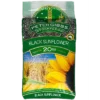
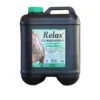
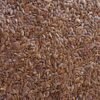
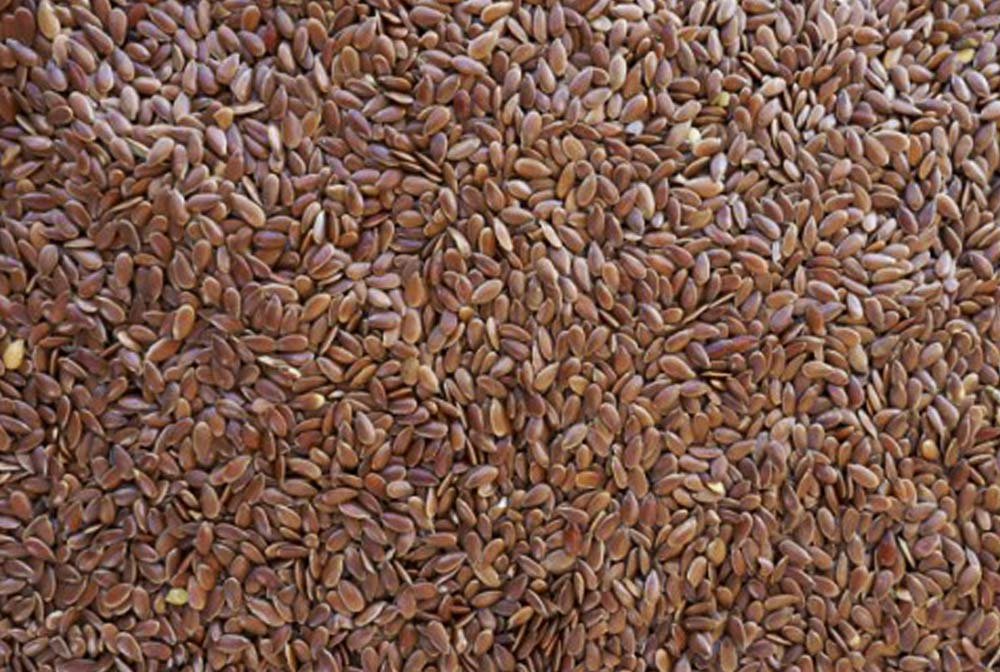
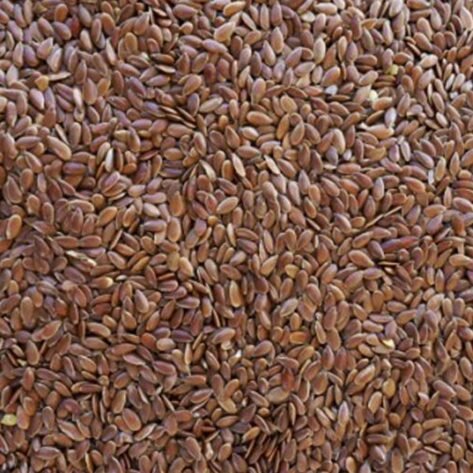
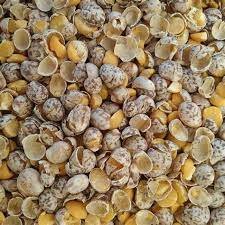
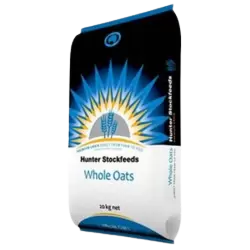

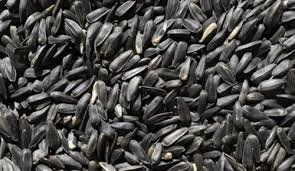
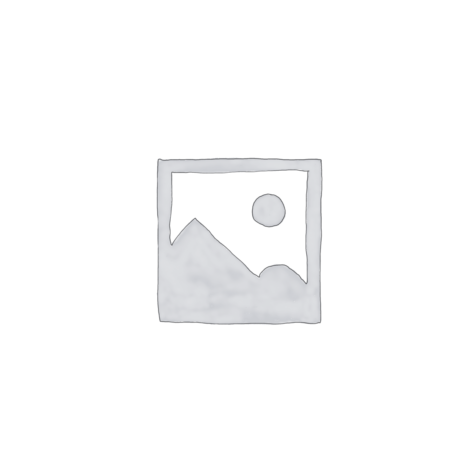

Reviews
There are no reviews yet.